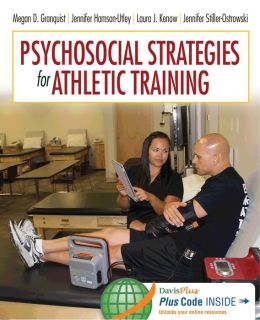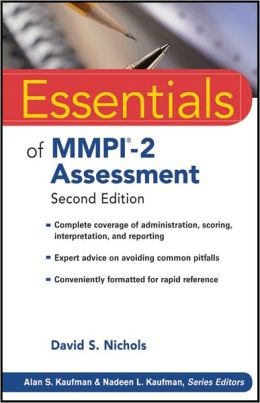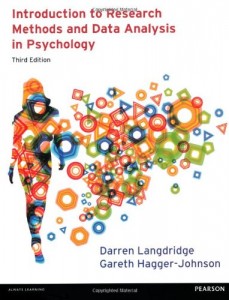-70%
Delving into the Psychological and Psychosocial Aspects of Athletic Injury Rehabilitation
Beyond the physical realm of rehabilitation, it’s imperative to delve into the psychological and psychosocial complexities that intertwine with the healing journey of injured athletes. Embracing a holistic approach necessitates understanding the profound impact these factors have on recovery.
The Interplay of Mind, Body, and Spirit
Psychological distress can manifest as anxiety, depression, and low self-esteem, casting a shadow over the athlete’s mental and emotional well-being. Psychosocial factors, encompassing social support networks, socioeconomic status, and cultural beliefs, shape the athlete’s perception of their injury and their capacity for recovery.
The Role of Sports Psychology in Practice
Sports psychology, a specialized field within psychology, plays a pivotal role in addressing these aspects. It equips clinicians with the knowledge and skills to:
- Assess mental and emotional states: Identifying underlying psychological factors influencing recovery.
- Provide therapeutic interventions: Employing cognitive-behavioral therapy, mindfulness, and other evidence-based approaches to address anxiety, depression, and distorted thinking patterns.
- Promote coping mechanisms: Teaching athletes adaptive strategies to manage stress, improve self-efficacy, and regain a sense of control.
- Enhance communication: Fostering open and effective communication between athletes, clinicians, and support networks.
- Facilitate social support: Establishing connections with teammates, family, and community resources to provide emotional and practical assistance.
The Practical Edge: Insights and Applications
To bridge the gap between theory and practice, the following insights offer practical guidance for clinicians:
- Understand the continuum of psychological distress: Recognize the spectrum of psychological reactions to injury, ranging from transient anxiety to severe depression.
- Integrate sports psychology into the rehabilitation process: Collaborate with sports psychologists or incorporate psychological techniques into rehabilitation sessions.
- Tailor interventions to individual needs: Consider the athlete’s personality, coping style, and specific challenges.
- Incorporate psychosocial support into treatment plans: Address socioeconomic barriers, cultural influences, and the role of family and friends.
- Empower athletes through education: Provide athletes with information about psychological and psychosocial factors to foster self-awareness and promote recovery.
Embracing a Holistic Approach to Rehabilitation
By equipping clinicians with the knowledge and tools to address the psychological and psychosocial aspects of athletic injury, we empower them to facilitate a comprehensive and compassionate rehabilitation journey. Embracing this holistic approach not only enhances the athlete’s physical recovery but also supports their mental, emotional, and social well-being, maximizing their potential for a full and fulfilling return to sport.
maybe you like these too:
- An Athletic Trainers’ Guide to Sports Nutrition (Original PDF from Publisher)
- Sports Physiology – Medical School Crash Course (Original PDF from Publisher)
- Depression, An Issue of Psychiatric Clinics (The Clinics: Internal Medicine) (Original PDF from Publisher)
- Practical Applications In Sports Nutrition, 4th Edition










Reviews
Clear filtersThere are no reviews yet.